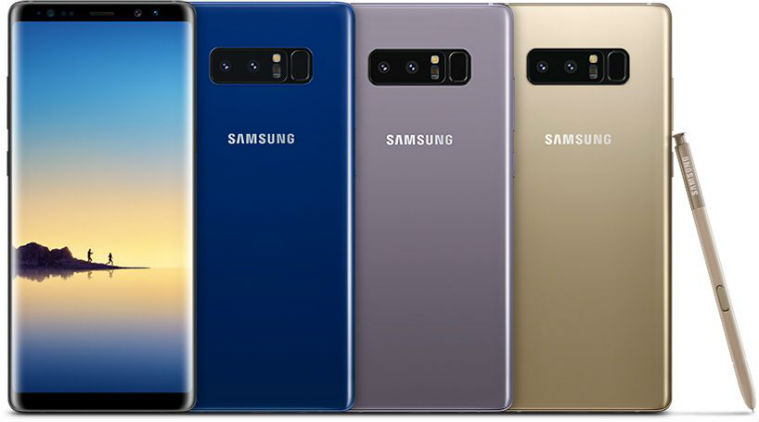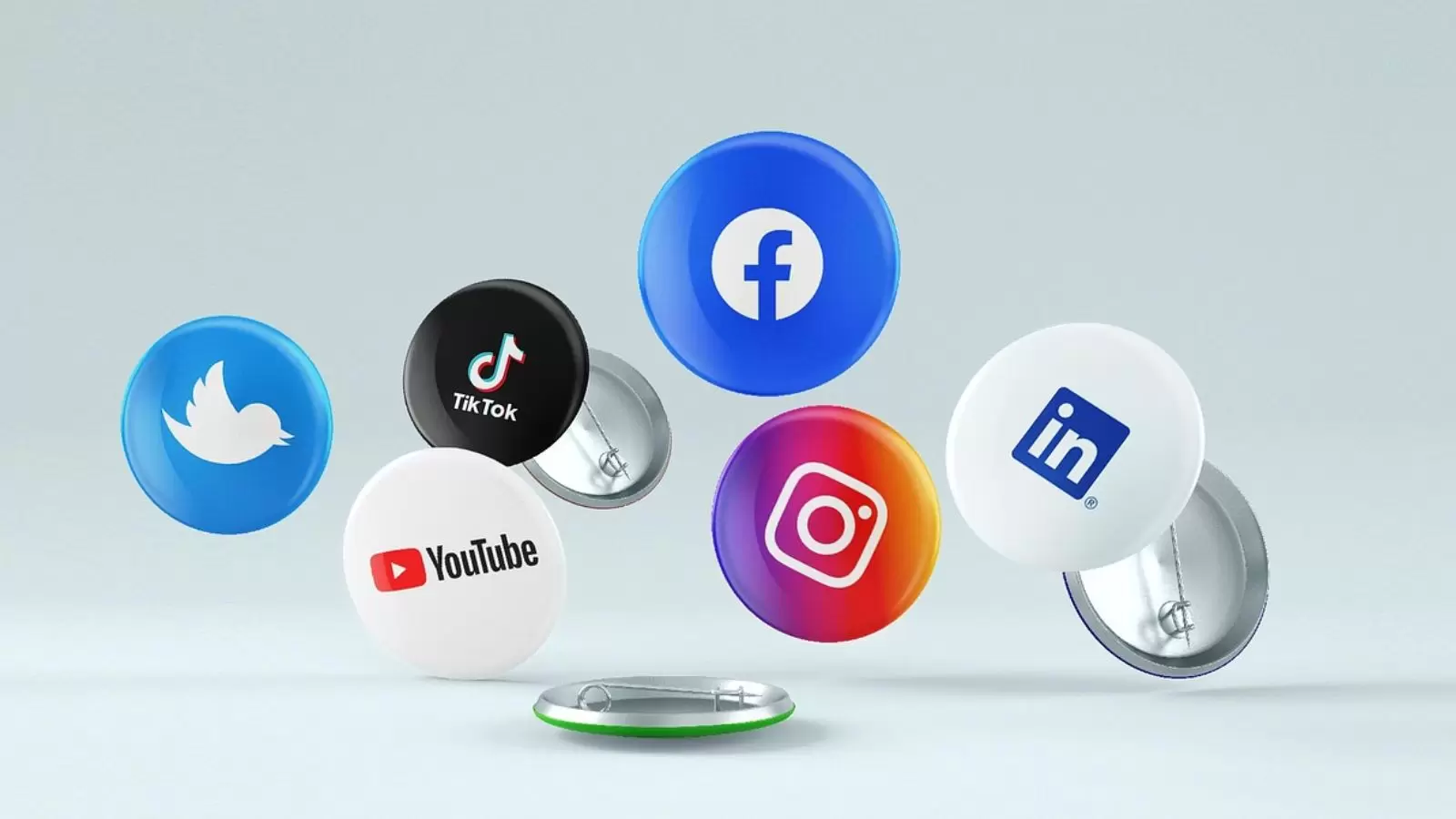SAMSUNG

Why is Samsung in the EU’s crosshairs?
If you’re a Samsung user in Europe, or are thinking about buying one, there’s some important news that will be of direct interest to you. The European Union is preparing to implement a set of new rules, set to come into effect on June 20, 2025, that will significantly impact the way Samsung and other smartphone manufacturers design, sell, and support their products. These measures, known as the Energy and Ecodesign Labelling Regulation (EPREL), are designed to benefit you as a user and promote a more sustainable technology market.
The EU’s overarching goal is to ensure that smartphones, including the popular Samsung Galaxy models, last longer, that Samsung offers hardware and software support for an extended period, that e-waste is reduced, and that you have more choice and transparency when it comes to buying and maintaining your device. These aren’t the first directives of this kind — Samsung, for example, has already had to adapt to the mandatory USB Type-C port on its devices sold in Europe.
The new Energy Labelling and Ecodesign Regulation (EPREL) is quite specific regarding the responsibilities of Samsung and other brands. The idea is that, when you buy a new Samsung Galaxy, for example, you will have more guarantees about its longevity and environmental impact.
The new European directives define five crucial areas where Samsung will have to introduce significant improvements to its smartphones and tablets. These changes will have a direct impact on your experience with the brand's products.
Samsung will have to ensure that its future phones are more robust. This means greater resistance to common mishaps such as accidental drops and scratches. In addition, protection against the ingress of dust and water will be a standard requirement, which, for you, translates into a Samsung Galaxy that is more resistant to the demands of daily use.
One of the most relevant changes for Samsung users concerns batteries. The South Korean brand will be required to equip its phones with batteries that maintain at least 80% of their original charge capacity even after 800 complete charging cycles. This rule alone promises to drastically improve your experience, as the “health” of your Samsung’s battery will be preserved for much longer.
The fight against planned obsolescence gains a new ally. Samsung will have to improve the repairability of its devices. This includes the obligation to make essential replacement parts available for a minimum period of seven years after your specific Samsung model is officially discontinued. These parts must be delivered within 5 to 10 business days.
Just as important, professional repairers will have non-discriminatory access to Samsung’s software and firmware files necessary to perform repairs and replacements on your devices.
If you own or are considering purchasing a Samsung, you will be pleased to know that the brand will be required to provide operating system updates for a minimum period of five years from the date your specific Galaxy model is discontinued. This ensures that your Samsung phone remains secure, with access to new features and compatible with the latest applications for longer.
The EPREL label on Samsung devices: Full transparency...Starting June 20, 2025, all Samsung smartphones and tablets (except models with flexible or rollable displays) will display the EPREL label. The aim is to clearly provide you with crucial information before making a purchase decision. The label on your future Samsung will include:
Energy Efficiency Rating (A to G): To help you understand the device's consumption.
Energy Efficiency Class: Details of the efficiency.
Battery Life Per Cycle: Estimated duration per charge.
Repeated Free Fall Reliability Class: Information about the resistance.
Battery Life (In Cycles): How many cycles the Samsung battery can withstand.
Repairability Class: How easy it will be to repair this Samsung model.
Ingress Protection Rating (IP): Level of protection against dust and water.
The European Commission will be responsible for verifying that the information that Samsung and other brands place on these labels is correct, especially when it comes to battery performance, IP rating and repairability.
How these rules affect your choices and Samsung's strategy...These new EU requirements mean that Samsung will have to adapt its production and support strategy. The company will, in effect, be “forced to bring better batteries and offer longer software support for its phones”, as the text of the regulation itself highlights.
For you, as a user or potential buyer of a Samsung, this translates into longer-lasting products, with better support and easier repairability, which represents a significant advance in your rights and in the sustainability of the devices you use.
mundophone

No comments:
Post a Comment